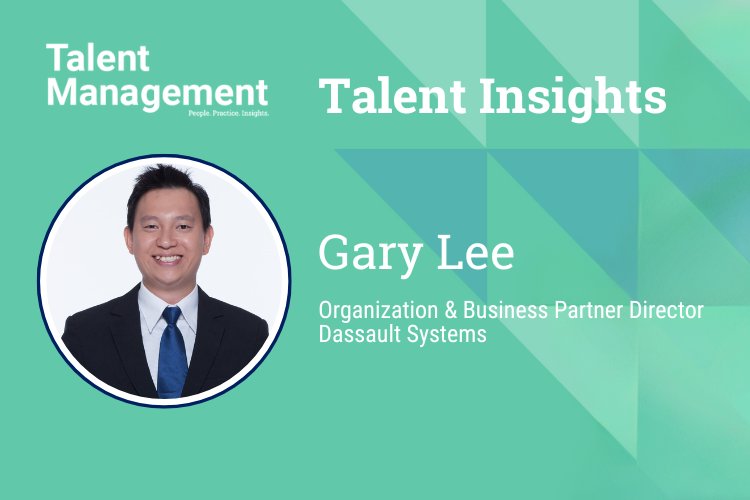Chief Talent Officer’s “Talent Insights” series is dedicated to sharing the insights and expertise of influential talent executives. In this Q&A series, we garner strategic insights, innovative approaches and challenges overcome from C-suite talent and HR executives, chief talent officers, chief people officers and more who are shaping the future of talent management.
What initially drew you to a career in talent management, and how have your experiences in the field evolved over the years?
Though I graduated from a technological field, I was drawn to the idea of people development. The fulfillment of being part of people’s growth journey is worth all the effort put in. Since 20 years ago, talent management has evolved from formal assessments and fixed timelines to more flexible tailored development for different employees at various career stages. Technology has also made it possible for employees to be more self-directed in terms of talent management. This provides two-way always-connected access to talent management.
What core values and principles do you believe are essential for building a positive and inclusive company culture?
Objectivity in humanity. It is important to balance empathy and evidence. If people are the greatest company assets, we need to demonstrate this through how we prioritize.
“If people are the greatest company assets, we need to demonstrate this through how we prioritize.”
Can you share a significant challenge you’ve faced as a talent leader and how you successfully navigated through it?
One challenge I faced was the lack of budget to do talent management. With a limited HR budget, I had to sell the idea of talent management to the business. It became a business case to get the respective business leaders to fund it. It was interesting as the programs became more ROI-driven and I learned how to connect what we do with the business.
What strategies have you found most effective in attracting and retaining top talent in competitive industries?
Social media has a big part to play especially on LinkedIn when we share about our company success stories and what we believe in. With a clear focus on sustainability, gender diversity and close collaboration with our customers, it speaks to the talent we are looking for to grow with the organization. It helps when our customers echo the same messaging on social media as well.
How do you balance advocating for employees’ needs while aligning with your company’s business objectives?
As mentioned earlier, empathy and evidence must be in balance. Let the data speak for itself and demonstrate empathy where possible. While we cannot always make everyone happy with our decisions, it is important to be fair to all parties involved and that consideration has been made to find the best fit solution.
What leadership skills do you prioritize and cultivate as a senior talent leader to inspire your team and drive talent initiatives?
If I could pick three leadership skills to prioritize in my role, I would pick organization acumen, design thinking and customer centricity. Organization acumen because it helps with navigating in the organization and engaging the right stakeholders to get things moving. Design thinking focuses on problem solving and solving the right problems. This provides a good frame of mind to motivate the team to find creative ways to solve problems, especially those related to the business which leads to customer centricity. With the right focus, it is easier to persuade business stakeholders of a shared agenda and drive the right people initiatives.
What game-changing advice would you offer if you could go back in time and mentor your younger self?
One thing I learned that would be useful for my younger self: “Everyone is a talent but not everyone is talented.” Ideally we want to develop everyone in the company and help them grow, but not everyone is ready or has the right motivation to grow. Sometimes trying to be too idealistic can create unwanted stress on our role as talent managers.
What do you feel is currently the single biggest challenge facing talent professionals and the industry as a whole?
Keeping pulse with the business; I find that most talent management initiatives are focused on historical data and facts. The business counts on us to be the compass for people initiatives and develop the workforce of the future. Instead of being custodians of talent management, we have now become predictors and drivers.
We’re always looking to showcase innovative tools and technologies. Can you share one tech product or platform that has significantly improved your work processes and why you find it valuable?
I find that after joining Dassault Systemes, the in-house solutions have improved data symmetry, which is critical when connecting people initiatives with business requirements.
Interested in being featured in our “Talent Insights” series? Please complete this FORM.
















